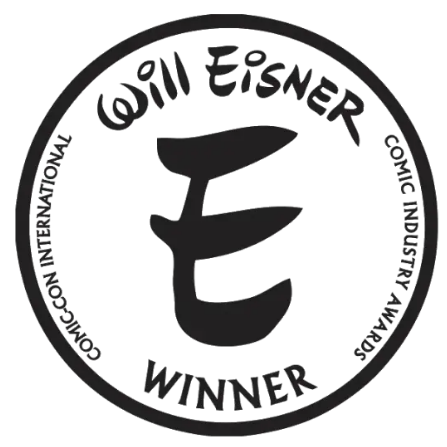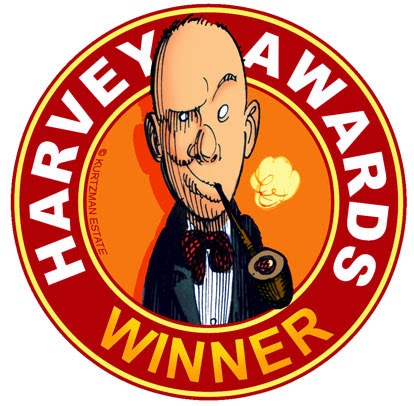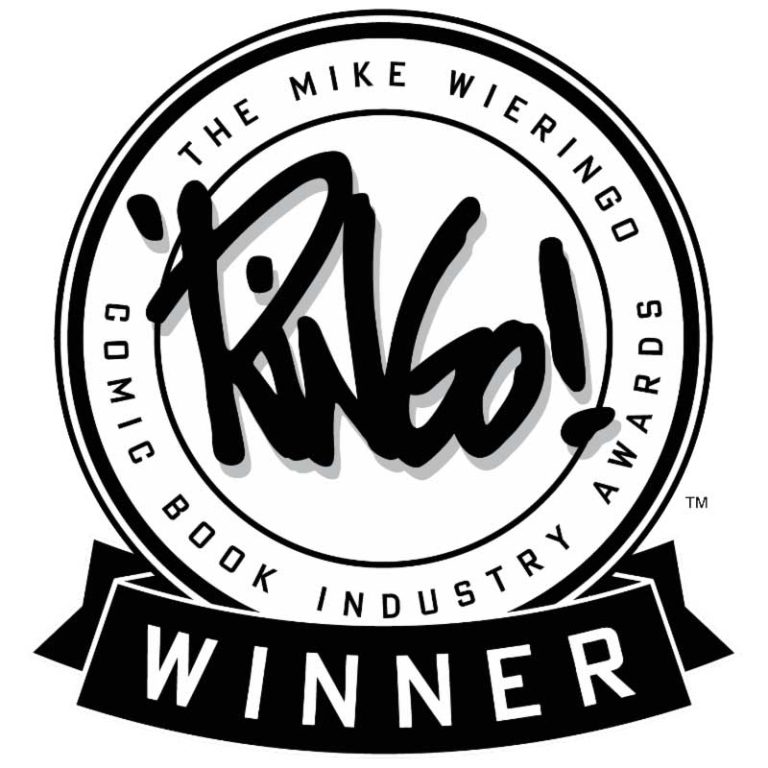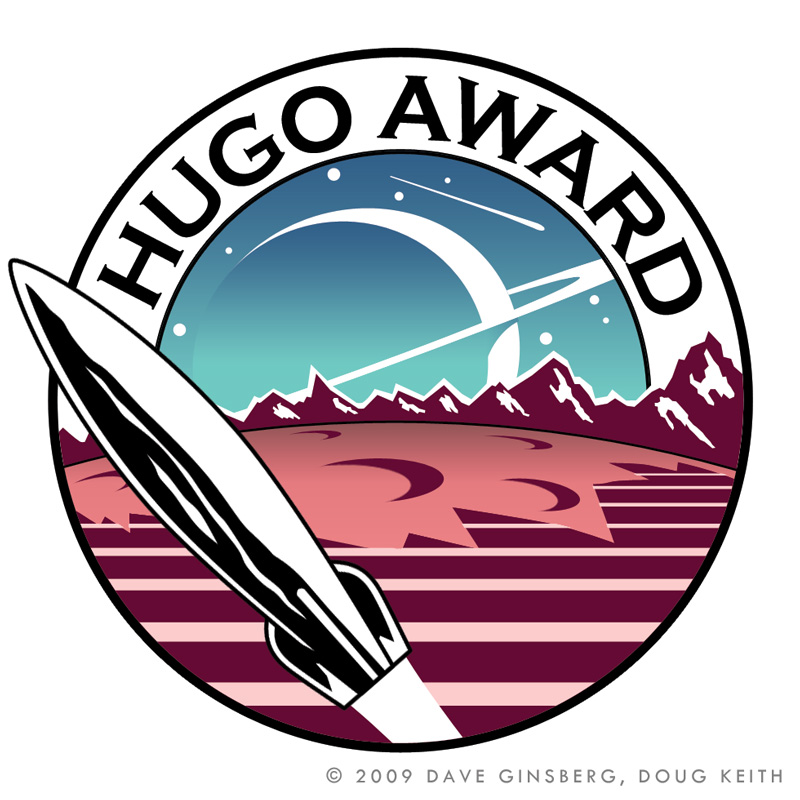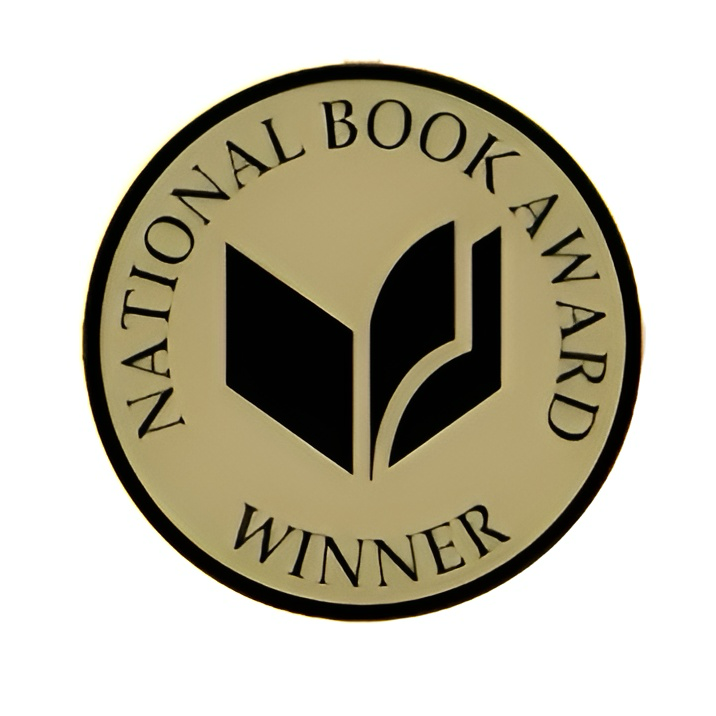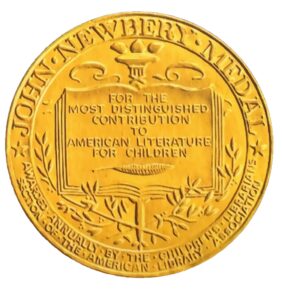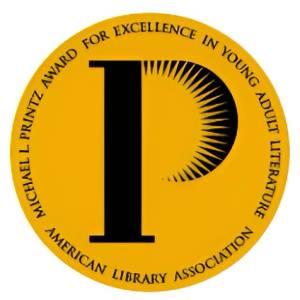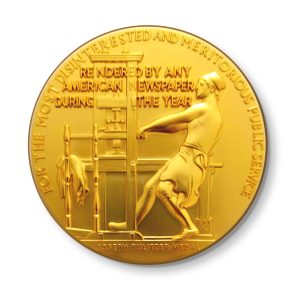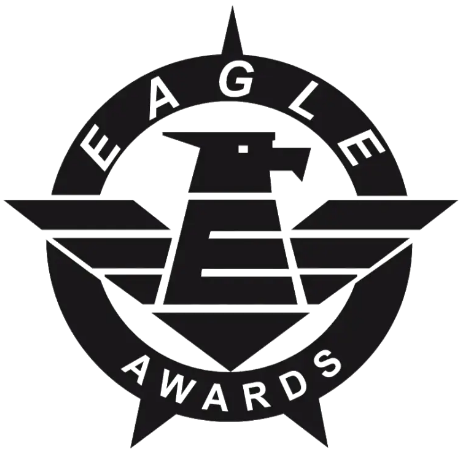CAP-Stone Awards

The Comics Appreciation Project (CAP) is an official 501c3 registered non-profit corporation created to foster an appreciation for the breadth, quality, and legitimacy of comic books and graphic-storytelling to both the public at large and specifically to the next generation of would-be consumers and creators. The CAP-Stone Awards honor the projects that best reflect the breadth and quality of graphic story-telling while also significantly expanding the medium’s legitimacy.
(Awarded for work completed the previous calendar year)
Major Comic Book/Graphic Novel Awards
The most prominent annual industry awards for comic books are the Eisner, Harvey, and Ringo Awards. Very few titles can claim to have garnered universal recognition, however the following four titles have completed the trifecta (aka “hat tick”) for winning awards from all three:
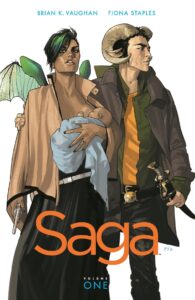
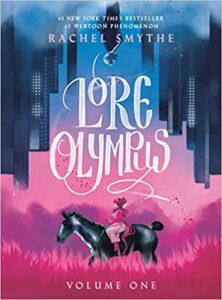
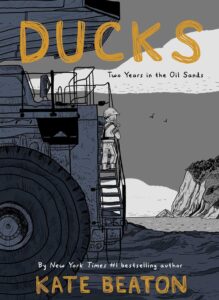
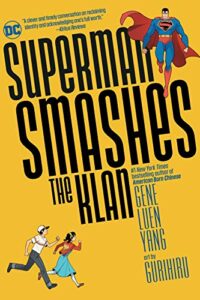
Eisner Awards
The Will Eisner Comic Industry Awards, considered the “Oscars” of the comic book industry, are handed out each year in a gala ceremony at Comic-Con International: San Diego. Named for renowned cartoonist Will Eisner (creator of “The Spirit” and pioneer of the graphic novels), the Awards are given out in more than two-dozen categories covering the best publications and creators of the previous year.
The Eisner Awards were not always the Eisner Awards. At one point they were the Kirby Awards—sort of. Back in 1984, Fantagraphics Books instituted the Jack Kirby Awards to honor the best works and creators in comics. The administrator of the awards was Dave Olbrich, a Fantagraphics employee. The awards were given out beginning in 1985 in programs at Comic-Con, with Jack Kirby himself on hand to congratulate the winners. When Olbrich left Fantagraphics for other pursuits in 1987, the Kirby Awards came to an end, and two new awards programs were born: Fantagraphics started the Harvey Awards (named after Harvey Kurtzman), and Olbrich started the Will Eisner Comic Industry Awards. Set up as a nonprofit organization, the Eisners were given out at Comic-Con like the Kirbys had been, only now with Will Eisner on stage to hand out the awards.
The first Eisners were conferred in 1988, for works published in 1987. Olbrich administered the awards for two years, but there were no awards in 1990. At that time it was proposed that Comic-Con take over the awards, as the responsibilities involved had grown and Olbrich had other commitments. Thus, the first Will Eisner Awards given out under Comic-Con auspices occurred at the 1991 show, with Jackie Estrada as the new administrator. Jackie has continued in that role ever since. The main focus of the ceremony is on the works and creators being honored by the event. The list of nominees is treated as a shopping list by fans of comics and graphic novels who are looking for the best material being published. In addition, publishers proudly display the Eisner Award logo on their nominated and winning books.
(Awarded in July for work completed the previous calendar year)
Harvey Awards
The Harvey Awards are one of the comic industry’s oldest and most prestigious awards. Recognizing outstanding achievement in multiple categories, the Harvey’s have been a fixture of the comic industry since 1988. This year, the Harvey Awards returns to New York Comic Con – the largest pop culture gathering in the United States.
Spotlighting comic books, graphic novels, manga and more, the Harvey’s are industry awards selected by a full body of comic and publishing professionals.
The Harvey Awards are an opportunity to shine a spotlight on the best & brightest, helping new readers, current fans, booksellers, retailers and librarians distinguish the best comics of the year as voted on by their peers. This year’s nominees will be selected by a handpicked contingent of industry voices and voted on by qualifying professionals.
(Awarded in October for work completed the previous calendar year)
Ringo Awards
The Mike Wieringo Comic Book Industry Awards is an annual celebration of the creativity, skill and fun of comics. It is named after the fan favorite artist who died in 2007 of an aortic dissection in his home in Durham, NC. Nominations are determined by fans and pros alike. Winners are then selected by industry professionals.
Each year, the awards are presented as part of the Baltimore Comic-Con. The Ringo Awards were first presented in 2017 for comics created in 2016.
(Awarded in October for work completed the previous calendar year)
Literature Awards
The Hugo Awards, first presented in 1953 and presented annually since 1955, are science fiction’s most prestigious award. The Hugo Awards are voted on by members of the World Science Fiction Convention (“Worldcon”), which is also responsible for administering them. Technically, the first graphic novel to receive the award was the ground-breaking comic book series for which they did not have a category for:
- 1988 Hugo Award for Other Forms – Watchmen by Alan Moore & Dave Gibbons
In 2009, the Hugo Awards created a recurring category for Best Graphic Story given each year for science fiction or fantasy stories told in graphic form and published or translated into English during the previous calendar year.
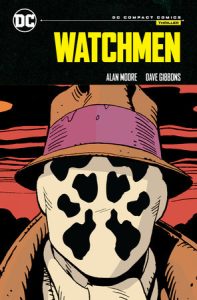
The National Book Awards were established in 1950 to celebrate the best writing in America. Since 1989, they have been overseen by the National Book Foundation, a nonprofit organization whose mission is to celebrate the best literature in America, expand its audience, and ensure that books have a prominent place in American culture. Although other categories have been recognized in the past, the Awards currently honors the best Fiction, Nonfiction, Poetry, Translated Literature, and Young People’s Literature published each year.
A panel of judges selects a Longlist of ten titles per category, which is then narrowed to five Finalists, and a Winner is announced at the Awards Ceremony in the fall.
Gene Luen Yang’s “American Born Chinese” was the first graphic novel to be recognized as a National Book Award Finalist in 2006 for Young People’s Literature. Finally, March: Book Three was the first graphic novel to win a category with the 2016 Winner for Young People’s Literature. Over the course of the past decade, graphic novels have consistently been represented as the medium has evolved and the immense quality of material :
- 2006 Finalist for Young People’s Literature – American Born Chinese by Gene Luen Yang
- 2009 Finalist for Young People’s Literature – Stitches by David Small
- 2013 Finalist for Young People’s Literature – Boxers and Saints by Gene Luen Yang
- 2015 Finalist for Young People’s Literature – Nimona by ND Stevenson
- 2016 Winner for Young People’s Literature – March: Book Three by John Lewis, Andrew Aydin, and Nate Powell
- 2018 Finalist for Young People’s Literature – Hey Kiddo by Jarrett J. Krosoczca
- 2020 Finalist for Young People’s Literature – When Stars Are Scattered by Victoria Jamieson and Omar Mohamed
- 2021 Finalist for Young People’s Literature – Legend of Auntie Po by Shing Yin Khor
- 2022 Finalist for Young People’s Literature – Victory Stand by Tommie Smith, Derrick Barnes, and Dawud Anyabwile
- 2023 Winner for Young People’s Literature – A First Time For Everything by Dan Santat
- 2023 Finalist for Young people’s Literature – Huda F Cares? by Huda Fahmy
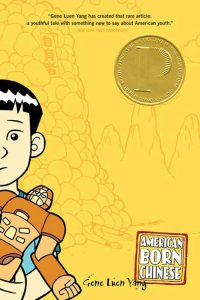
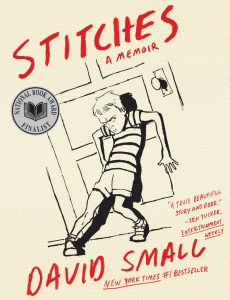
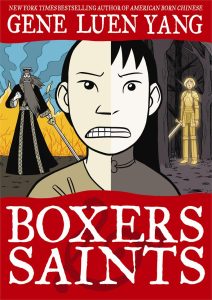
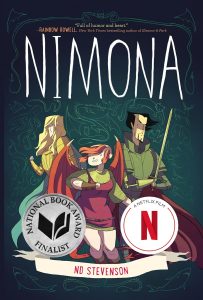
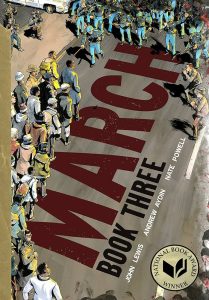
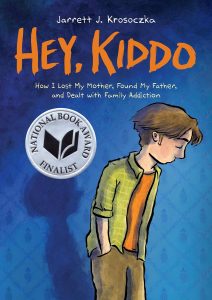
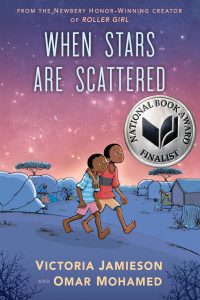
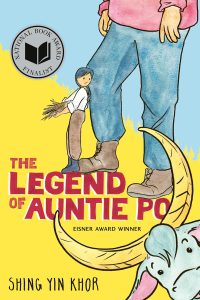
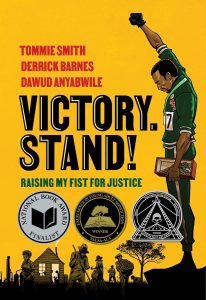
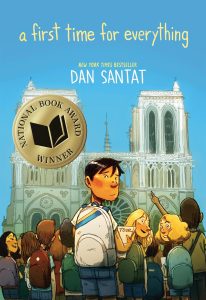
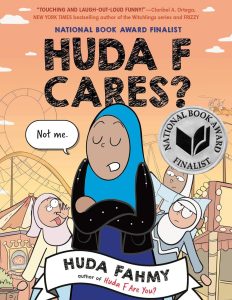
The Newbery Medal was named for eighteenth-century British bookseller John Newbery. It is awarded annually by the Association for Library Service to Children (ALSC), a division of the American Library Association (ALA), to the author of the most distinguished contribution to American literature for children. It is largely considered the highest award in children’s literature. Unfortunately, very few Graphic Novels have been recognized by the awards. “El Deafo” by Cece Bell was the first graphic novel to be recognized as a Newbery Honor book (runner-up) in 2015. Finally, in 2020, the first Newbery Medal was awarded to a graphic novel:
- 2015 Honor Book – El Deafo by Cece Bell
- 2016 Honor Book – Roller Girl by Victoria Jamieson
- 2020 Winner – New Kid by Jerry Craft
- 2024 Honor Book – MexiKid

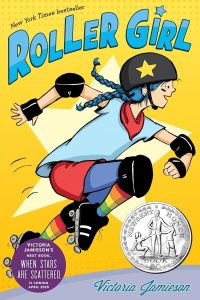
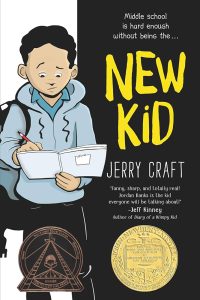
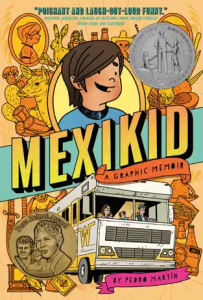
The Michael L. Printz Award is annual literary award administered by the Young Adult Library Services Association (YALSA) which is a division of the American Library Association (ALA). The Printz Award recognizes the “best book written for teens, based entirely on its literary merit”. It is sponsored by Booklist magazine and named for the Topeka, Kansas, school librarian Mike Printz, a long-time active member of YALSA. Up to four worthy runners-up may be designated Printz Honor Books each year.
The following graphic novels have received the top award:
- 2007 Winner – American Born Chinese by Gene Luen Yang
- 2015 Honor Book – This One Summer by Mariko Tamaki and Jillian Tamaki
- 2017 Winner – March: Book Three by John Lewis, Andrew Aydin, and Nate Powell
- 2020 Honor Book – Laura Dean Keeps Breaking Up with Me by Mariko Tamaki and Rosemary Valero-O’Connell
- 2021 Honor Book – Dragon Hoops by Gene Lang Yuen

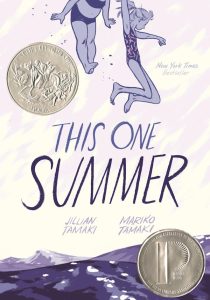

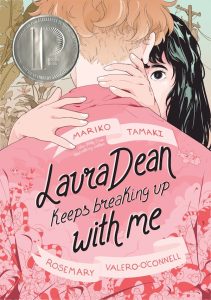
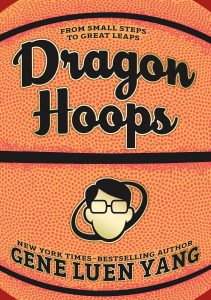
The Pulitzer Prize is an award administered by Columbia University for achievements in newspaper, magazine, online jounralism, literature, and musical composition within the United States. It was established in 1917 by provisions in the will of Joseph Pulitzer, who had made his fortune as a newspaper publisher. As of 2023, prizes are awarded annually in twenty-three categories.
In 1992 was historic for the form a graphic story-telling as the first graphic novel was recognized with a Pulitzer Prize:
- 1992 Special Awards and Citations Winner – Maus by Art Spiegelman
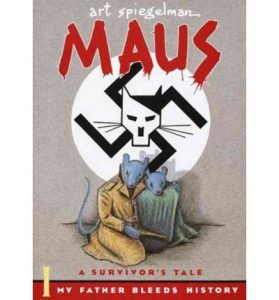
Discontinued Awards
The Eagle Awards
The Eagle Awards were a series of awards for comic book titles and creators. They were awarded by UK fans voting for work produced during the previous year. Named after the UK’s Eagle comic, they were launched in 1977 for comics released in 1976.
Established by a group of dealers and fanzine editors, The Eagles were described as “the first independent nationally organized comic arts award poll in the UK.” The hope was that the Eagle Awards would “become a regular annual fandom event,”[2] and indeed, they were the preeminent British comics award in the 1980s and the 2000s (being mostly dormant in the 1990s), variously described as the country’s comics equivalent of the Oscars. The annual Eagle Awards were presented in ceremonies attached to several different comic book conventions over the years.
In 2014, in connection with Stan Lee, the Eagle Awards were renamed, and presented as, the True Believer Comic Awards. However, they have not returned since then.
Additionally, comics and graphic novels have been recognized with the Coretta Scott King Author Award, Kirkus Prize for Young Readers’ Literature, and the Printz Award.

